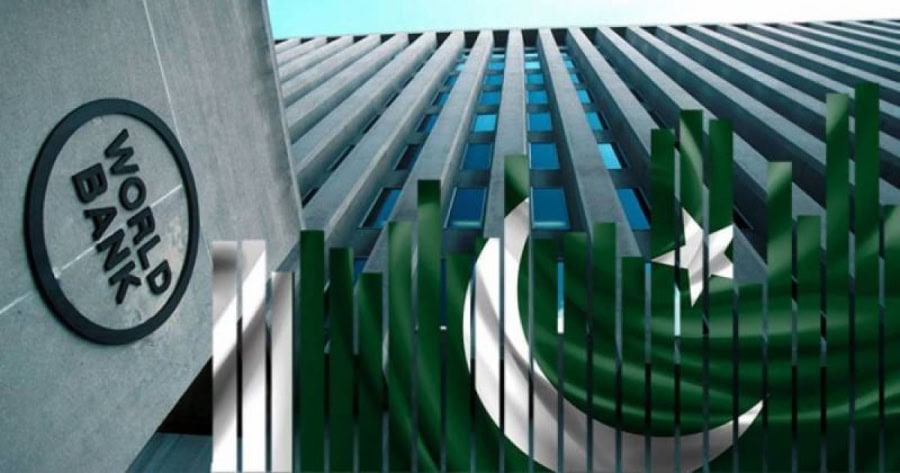ISLAMABAD – A high-level delegation of nine Executive Directors (EDs) of the World Bank Group (WBG) is visiting Pakistan for first time in nearly 20 years to discuss investment opportunities and strategies to implement the $40 billion Country Partnership Framework (CPF) for the coming decade 2026-35.
The delegation will hold important discussions with senior government officials and conduct visits to various provinces to review developmental measures and formulate strategies.
During their visit, all these nine Executive Directors will meet with Prime Minister Shehbaz Sharif, Finance Minister Muhammad Aurangzeb, the Planning Minister Ahsan Iqbal and others. These discussions will focus on the country’s economic development projects, investment opportunities, and the strategy for the effective implementation of the $40 billion CPF.
The delegation will visit Islamabad, as well as Khyber Pakhtunkhwa (KP), Sindh, and Punjab, while also holding discussions with representatives from Balochistan. The goal of these visits is to provide a vision on local development challenges and opportunities in line with the World Bank’s commitment to promoting sustainable economic development in every region of the country.
This group will also meet with business leaders, representatives from educational institutions, and individuals from various sectors of civil society.
Last month, World Bank Vice President for South Asia, Martin Raiser, concluded his five-day visit to Pakistan and reaffirmed the World Bank’s continued support to foster growth and inclusive development in Pakistan.
During the visit, the prime minister and WB official launched the new Pakistan Country Partnership Framework (CPF) for FY2026-35, which sets the strategic focus areas of collaboration between the World Bank Group and Pakistan for the coming decade.
“The World Bank Group’s Country Partnership Framework marks an important evolution in our engagement. It is aligned with Uraan Pakistan, the government’s National Economic Transformative Plan and focuses on six outcomes with clear, tangible and ambitious 10-year targets. We hope these targets serve as an anchor for consistent implementation efforts to ensure tangible results for the people of Pakistan”, said Raiser.
He added that the Word Bank Group’s support will not be sufficient to achieve the ambitious targets set forth. Attracting private sector investment by improving the business climate is thus the need of the hour”, said Mr. Raiser. “The World Bank Group stands ready to work with the private sector and development partners to mobilize additional resources. Implementation of the Country Partnership Framework will additionally rely on the collaboration between federal and provincial governments, joint efforts to mobilize the necessary revenues and targeted measures to improve the efficiency of government spending.










